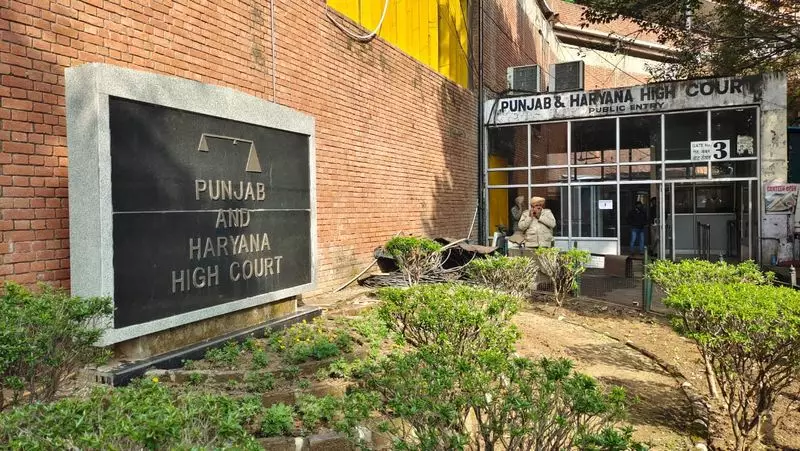
The Punjab and Haryana High Court has taken a stern stance on environmental cleanliness, directing the Chandigarh administration to disclose what disciplinary actions have been taken against officers responsible for sanitation lapses at the Sector 26 grain market.
Judicial Intervention for Public Health
During a recent hearing, the court expressed serious concerns about the persistent garbage accumulation and poor sanitation conditions at one of Chandigarh's key commercial areas. The bench specifically demanded transparency regarding accountability measures for officials who failed to maintain proper hygiene standards at the mandi.
Administration Under Scrutiny
The court's intervention came after reports highlighted the deteriorating sanitary conditions at the grain market, where waste management had become a significant public health concern. The administration now faces judicial pressure to demonstrate that responsible officers have faced consequences for their negligence.
Environmental Governance in Focus
This case brings to light broader issues of environmental governance and administrative accountability in urban management. The High Court's insistence on transparency sets an important precedent for how local authorities should handle public health and sanitation responsibilities.
What This Means for Chandigarh
The court's directive signals a stronger judicial oversight on civic matters that directly impact citizens' quality of life. It emphasizes that maintaining clean public spaces isn't just an administrative duty but a legal obligation that carries consequences for non-compliance.
The Chandigarh administration must now provide a detailed account of their disciplinary proceedings, potentially setting new standards for environmental accountability in urban governance across the region.





